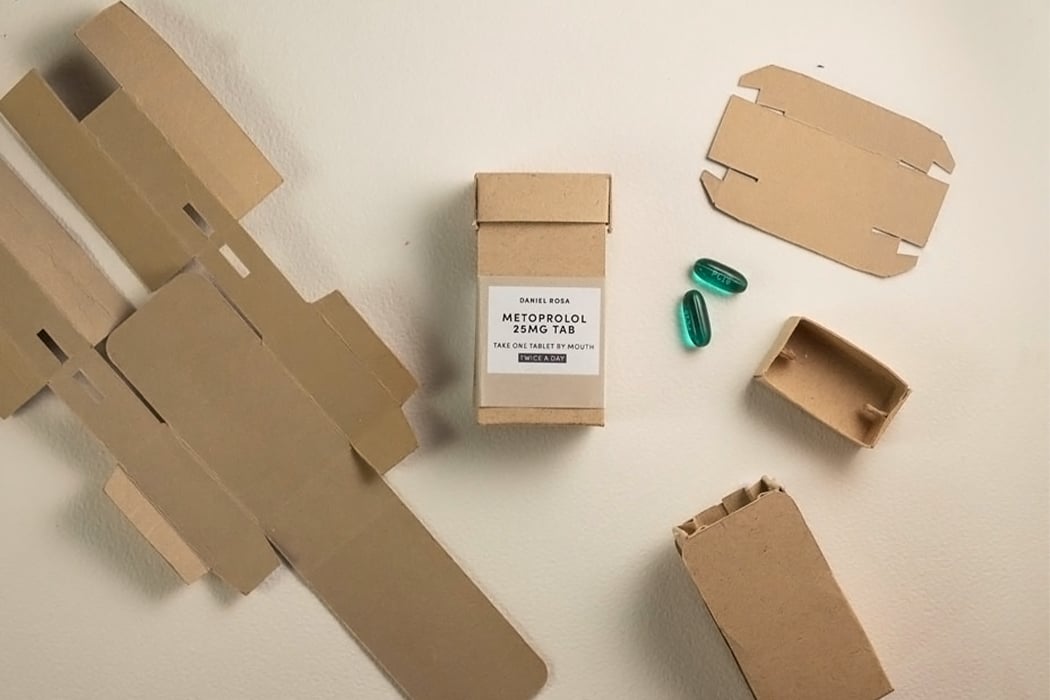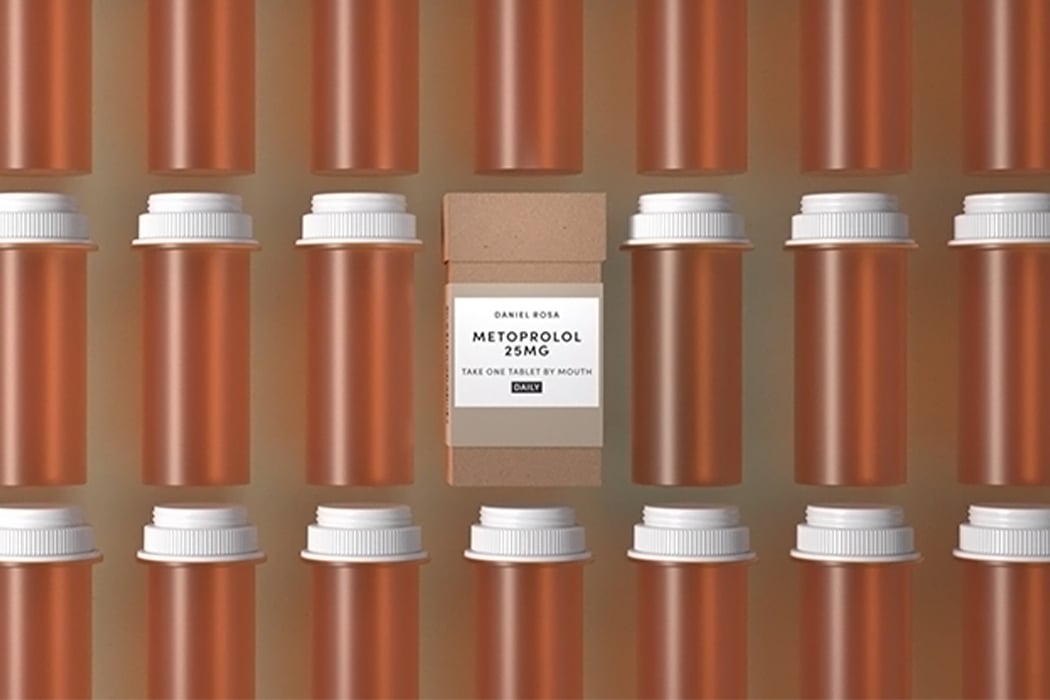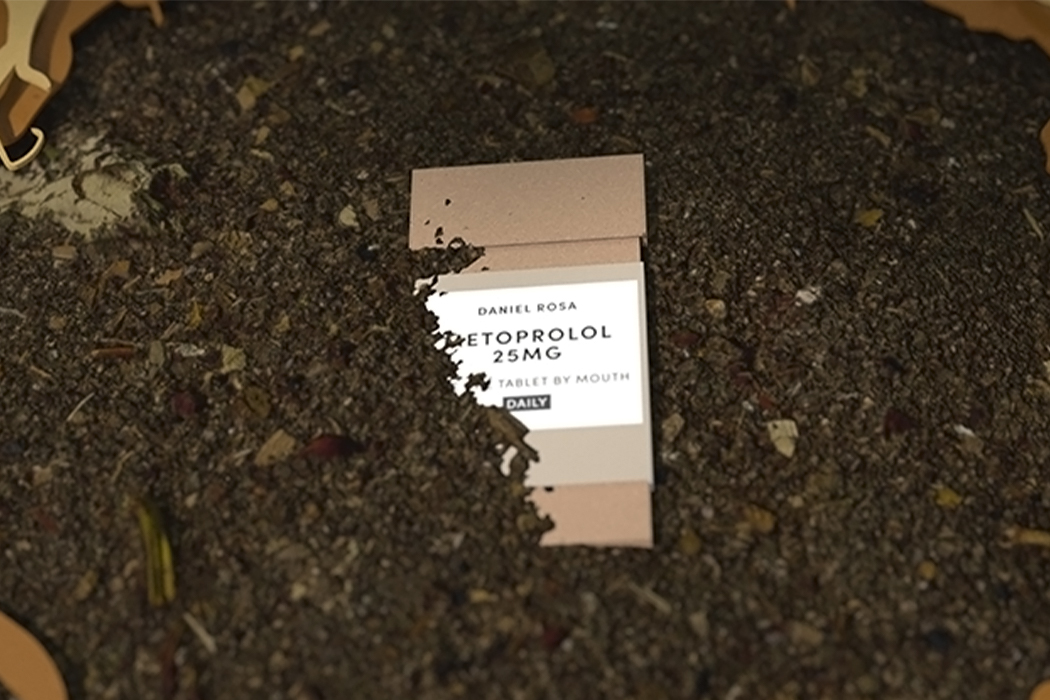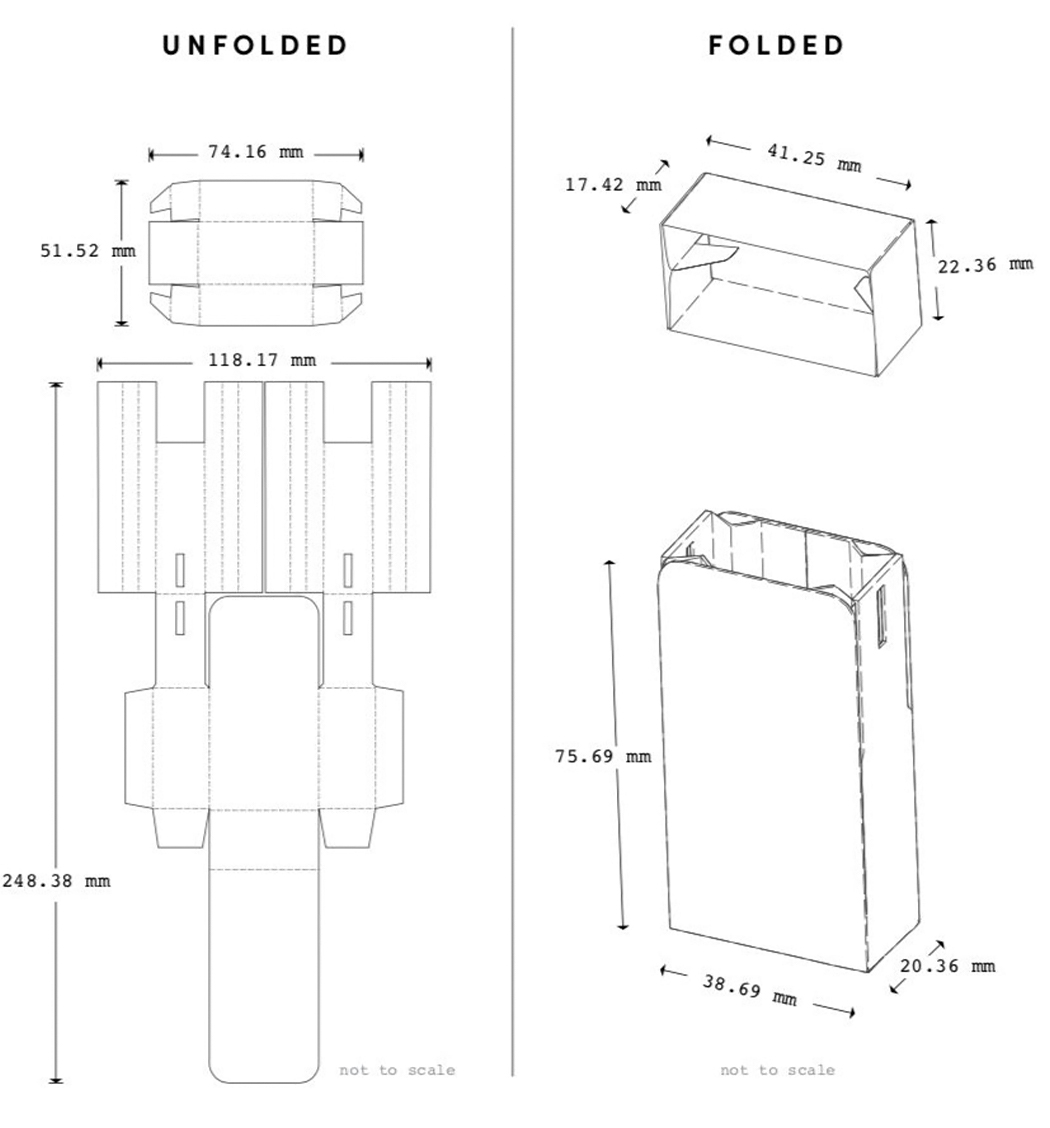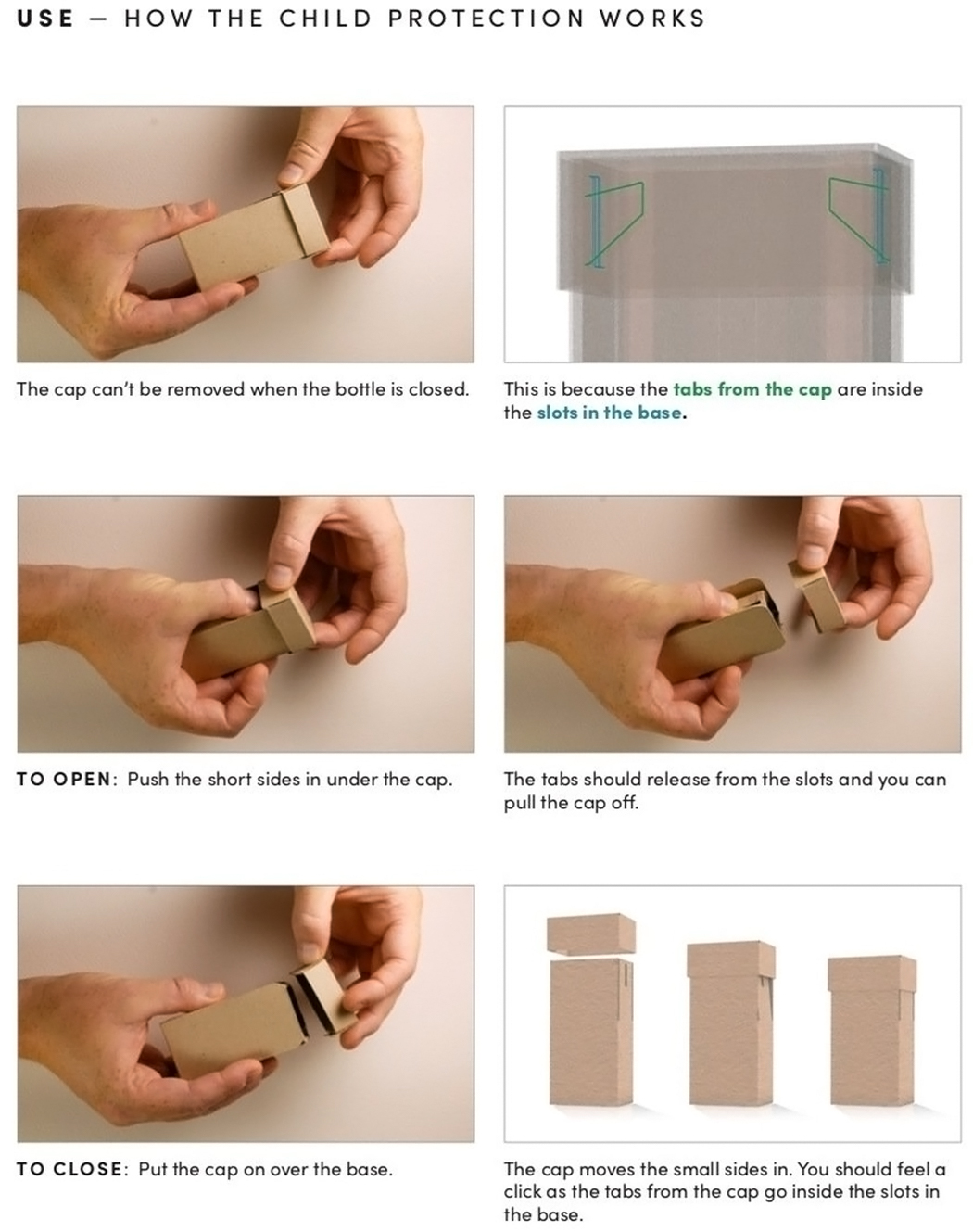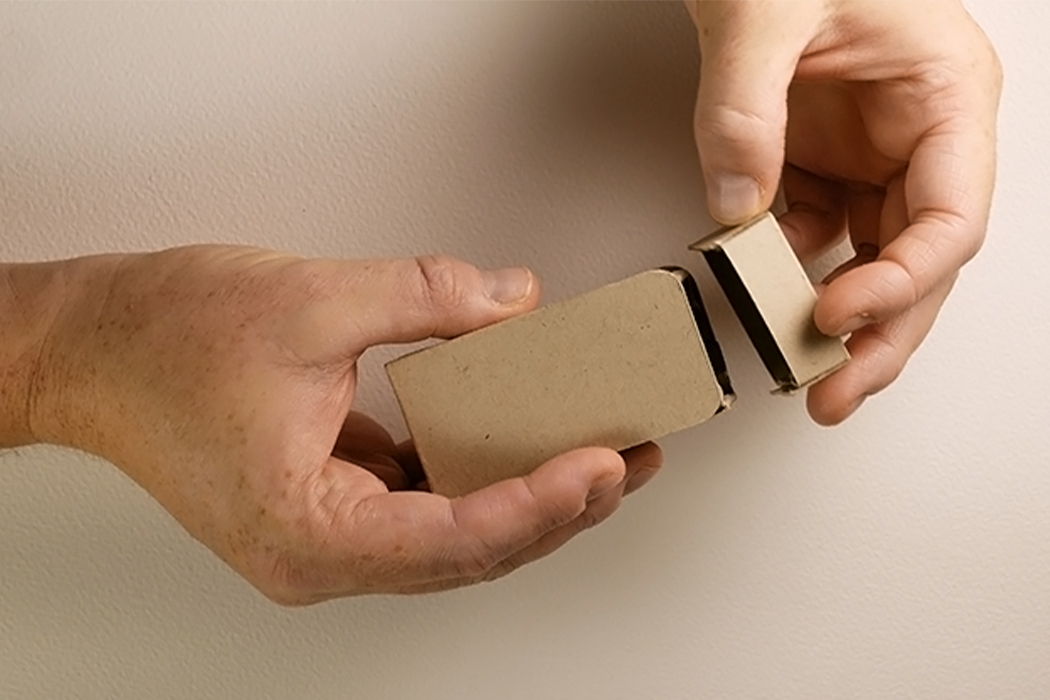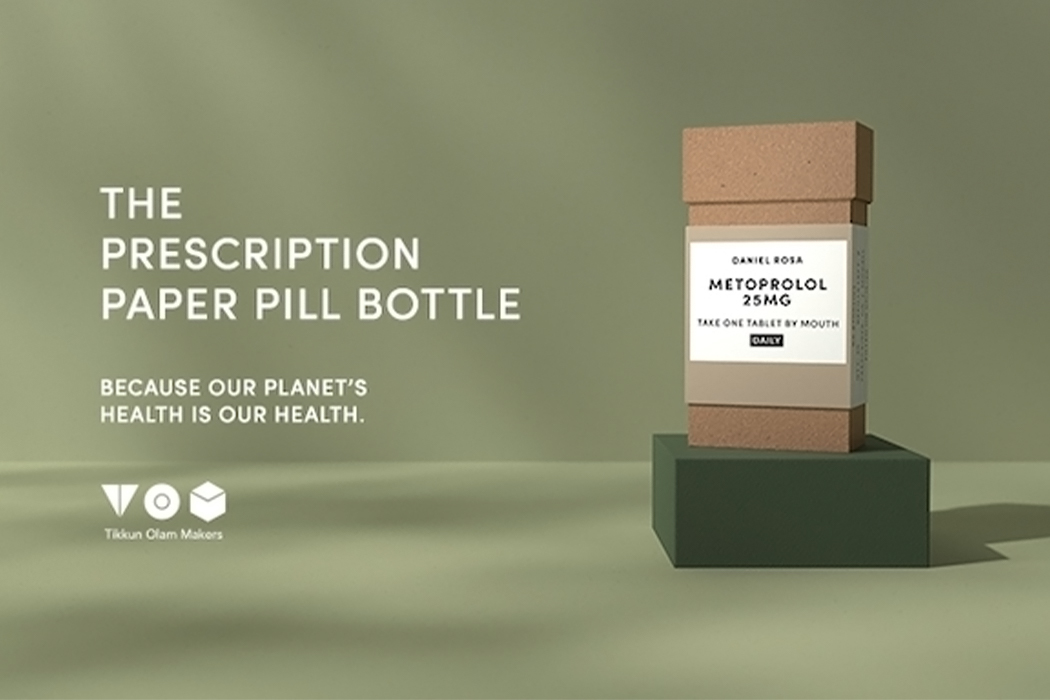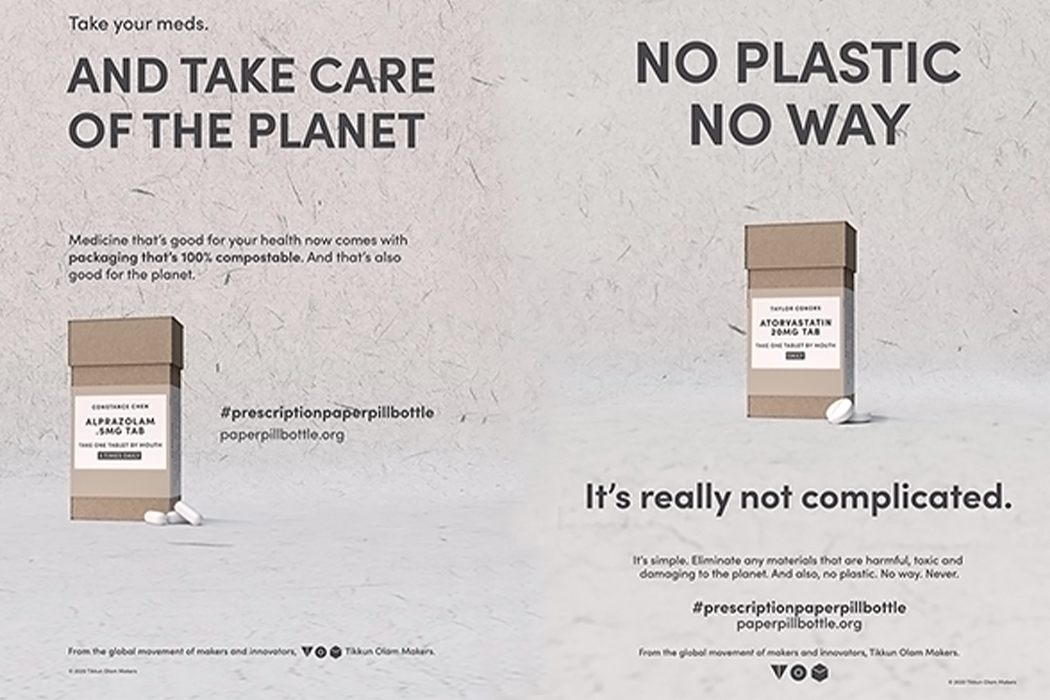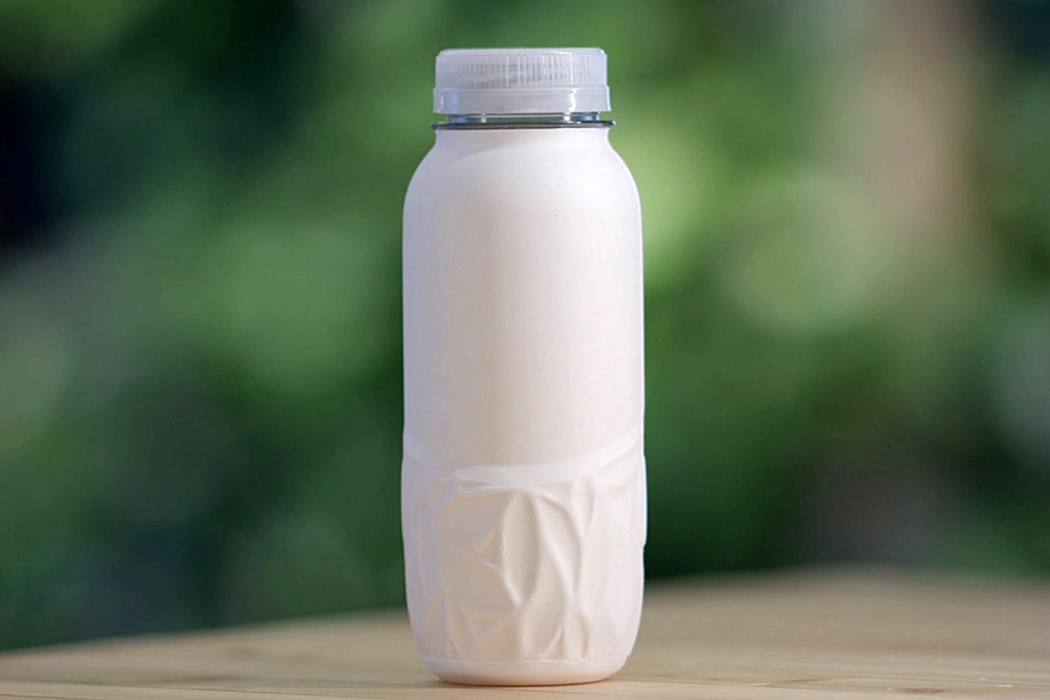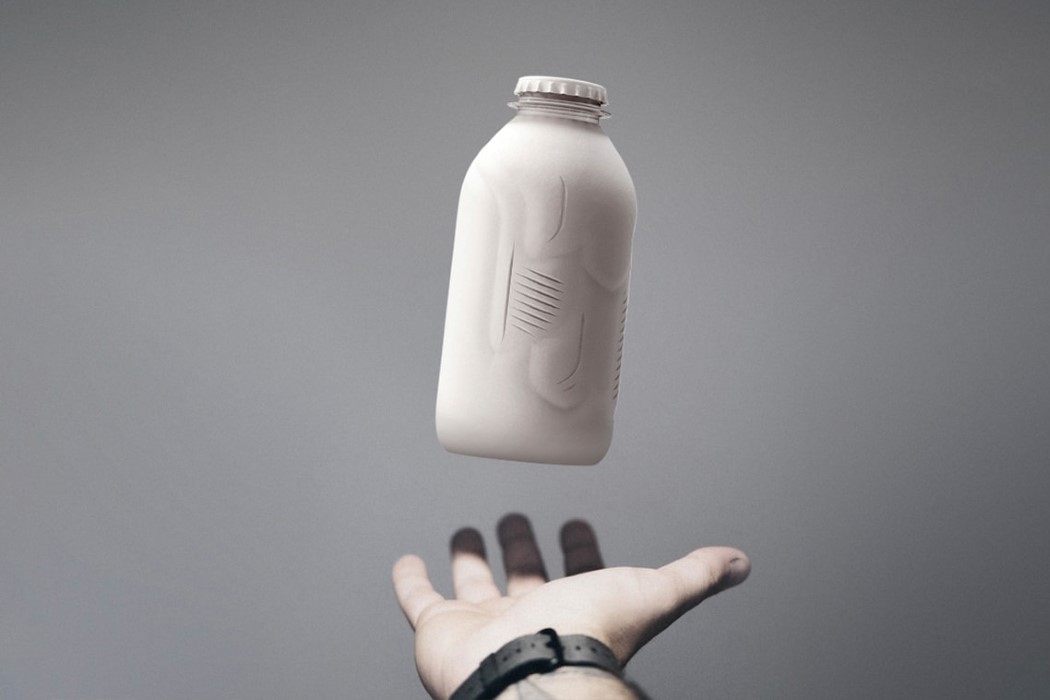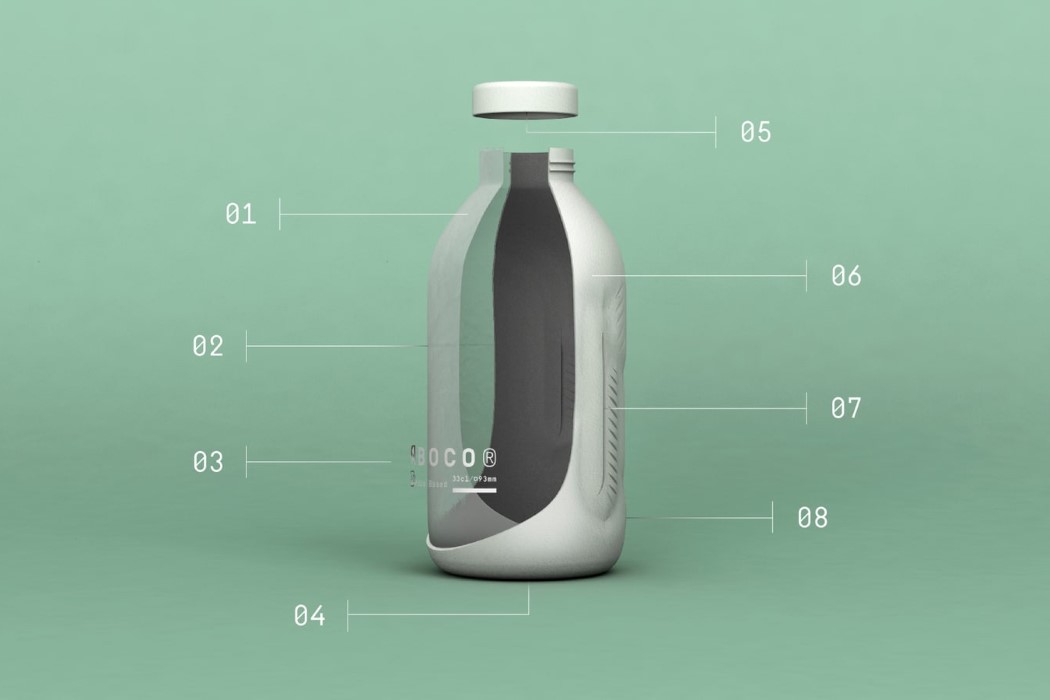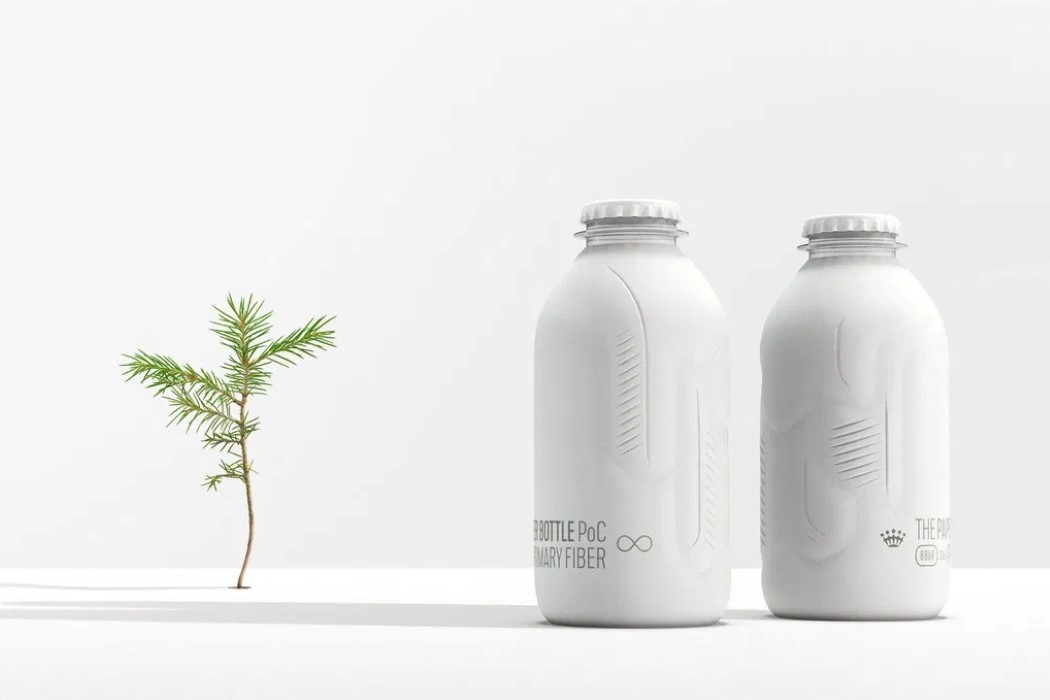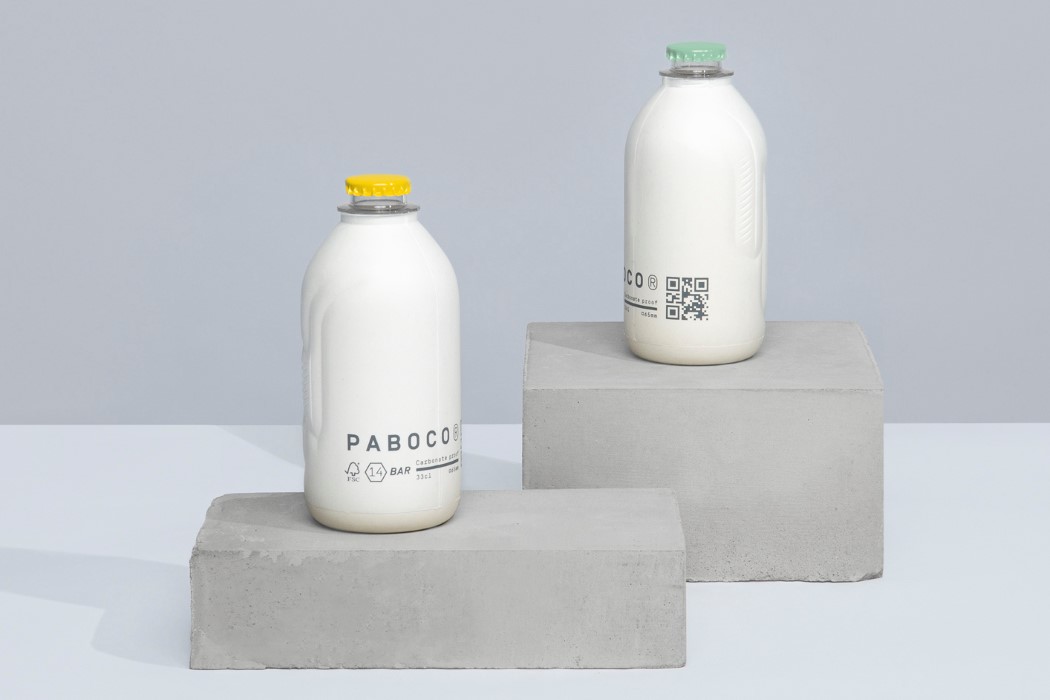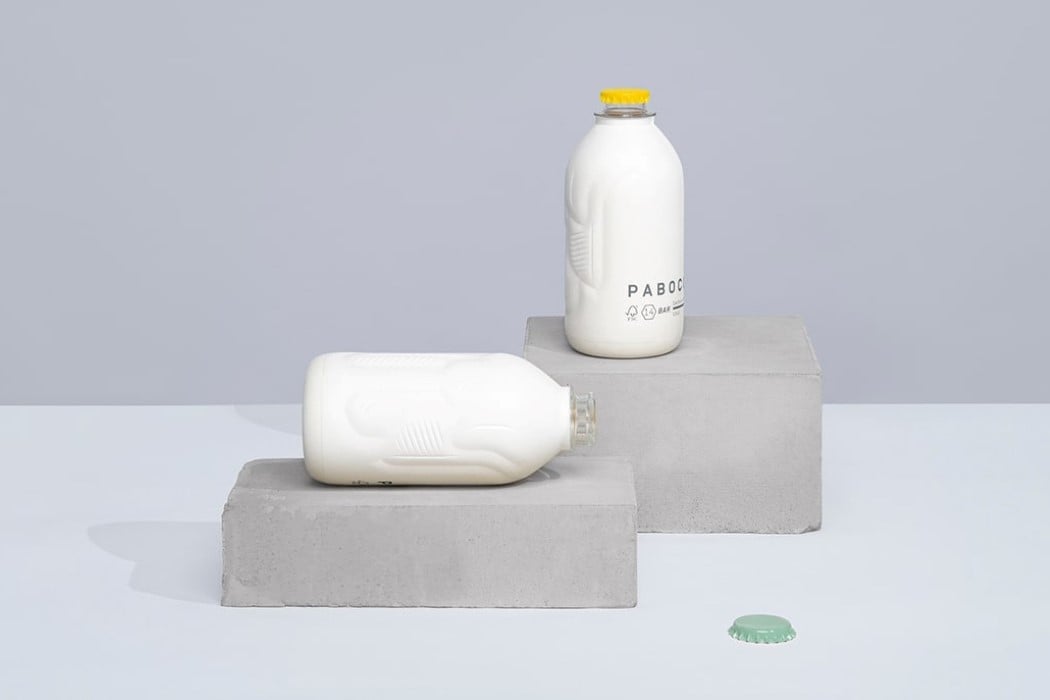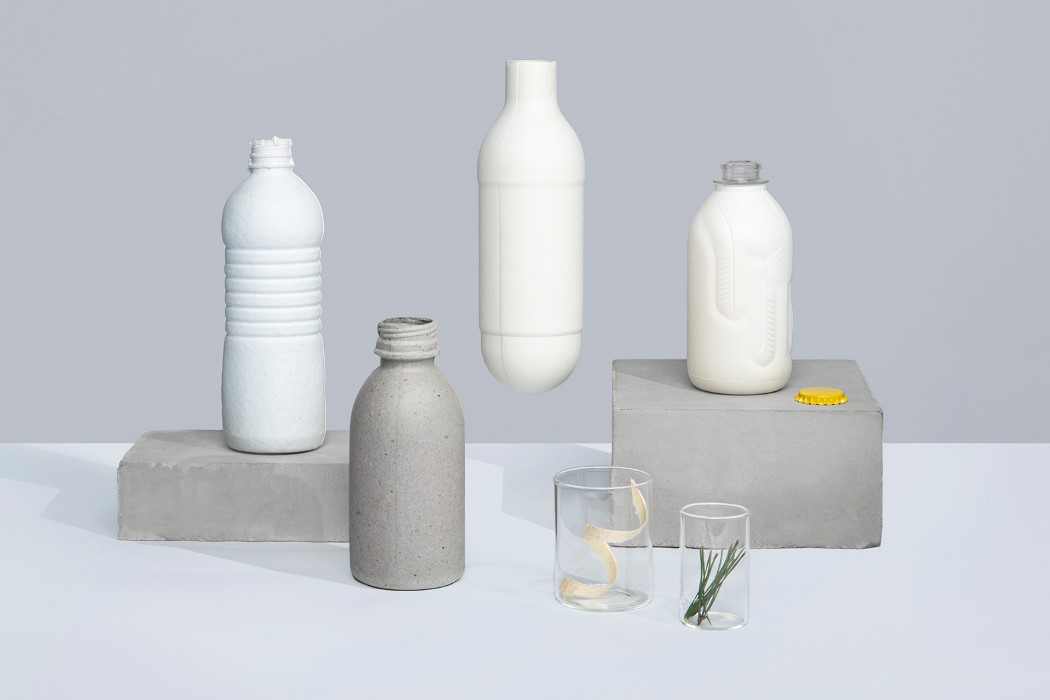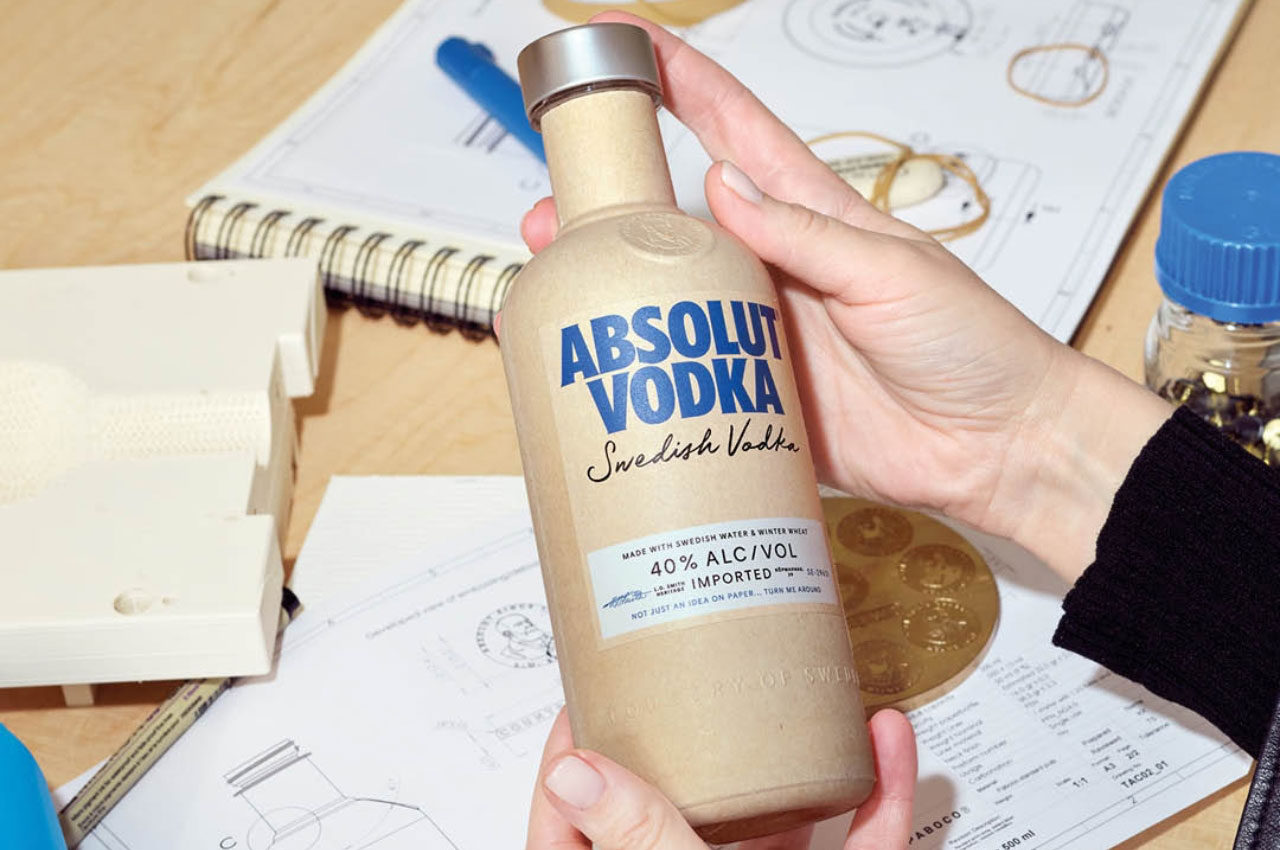
We’re seeing a lot of brands and products experiment with their packaging. To become more eco-friendly and sustainable, a lot of product designers have been using materials that can be recycled and can also make it more convenient for their users. We’re all still trying to adjust to paper straws (even though a lot of people find it irritating), so are we ready to have paper bottles for our drinks?
Designer: Absolut

Absolut Vodka will become the “first global spirits brand” that will be selling their products in single-mould paper-based bottles. While plastic and glass bottles are already recyclable, having a “fully bio-based bottle” will be something that will further reduce their CO2 emissions and will also make their liquor lighter in terms of weight and packaging. Their three-month test in British supermarket chain Tesco will hopefully be successful enough that they will make it available elsewhere.

The single-mould paper bottles will be available for their 500ml-sized drinks. These are made from 57% paper and to make it sturdy, it has an integrated barrier made from recyclable plastic. They will also be using 40% ABV of the Absolut Vodka as compared to the 5% from their initial pilot run for the Absolut Mixt ready-to-drink. Users can recycle the bottles as paper waste or if it’s sturdy enough, they may even re-use the bottles for some other purpose.

The goal for this test run is to see how the paper-based bottles will transport to the stores where they will be available. They also want to see how people will perceive having a paper bottle, as there are still some very strong opinions about the aforementioned paper straws. Design-wise, the bottles are still carrying the “apothecary-inspired design” with the usual logos and labels. They also believe that these bottles will not replace the glass ones that are already iconic but it can complement them eventually.

The post Absolut Vodka goes green with a test-run for recyclable paper-based bottles first appeared on Yanko Design.
